Understanding the Penalty System under the Japanese 'Premiums and Representations Act': Explaining Countermeasures with Actual Cases
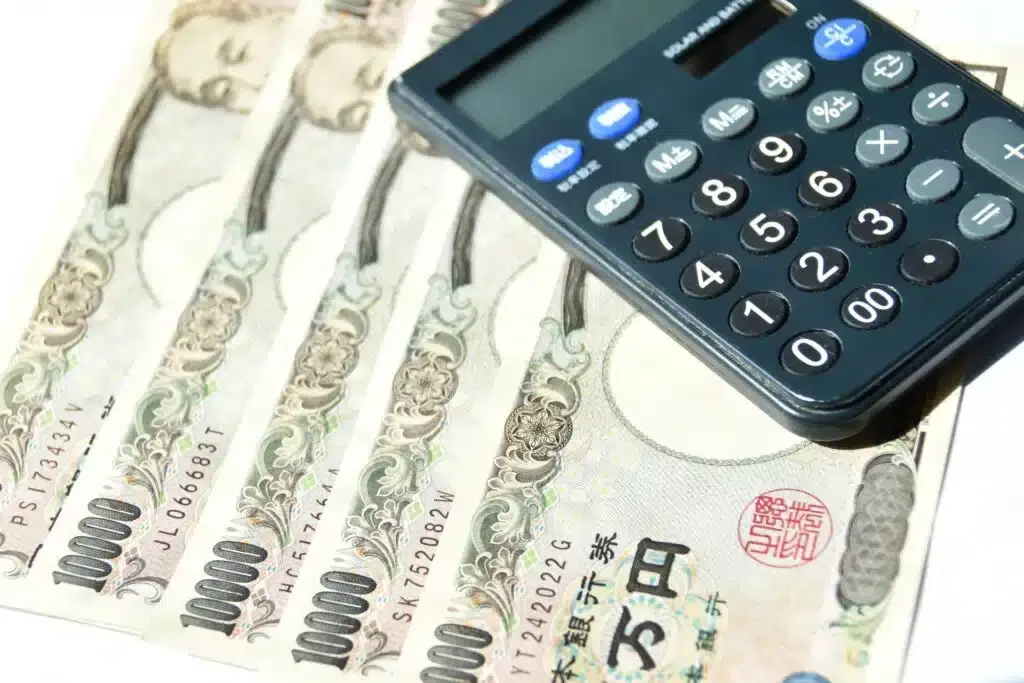
Violations of the Japanese Premiums and Representations Act (Japanese Fair Trade Act) can result in the imposition of administrative fines. When such administrative measures are taken, they are often published on the Consumer Affairs Agency’s website, leading not only to financial repercussions but also to potential damage to the company’s reputation.
Lacking proper knowledge of unfair representations under the Japanese Fair Trade Act can pose risks during the creation of advertisements, as inadvertent oversights or unexpected violations may occur.
Understanding unfair representations and taking appropriate measures can help avoid penalties such as administrative fines. This article provides a detailed explanation of the administrative fine system, using actual cases as examples.
What are Administrative Fines under the Japanese Act against Unjustifiable Premiums and Misleading Representations?
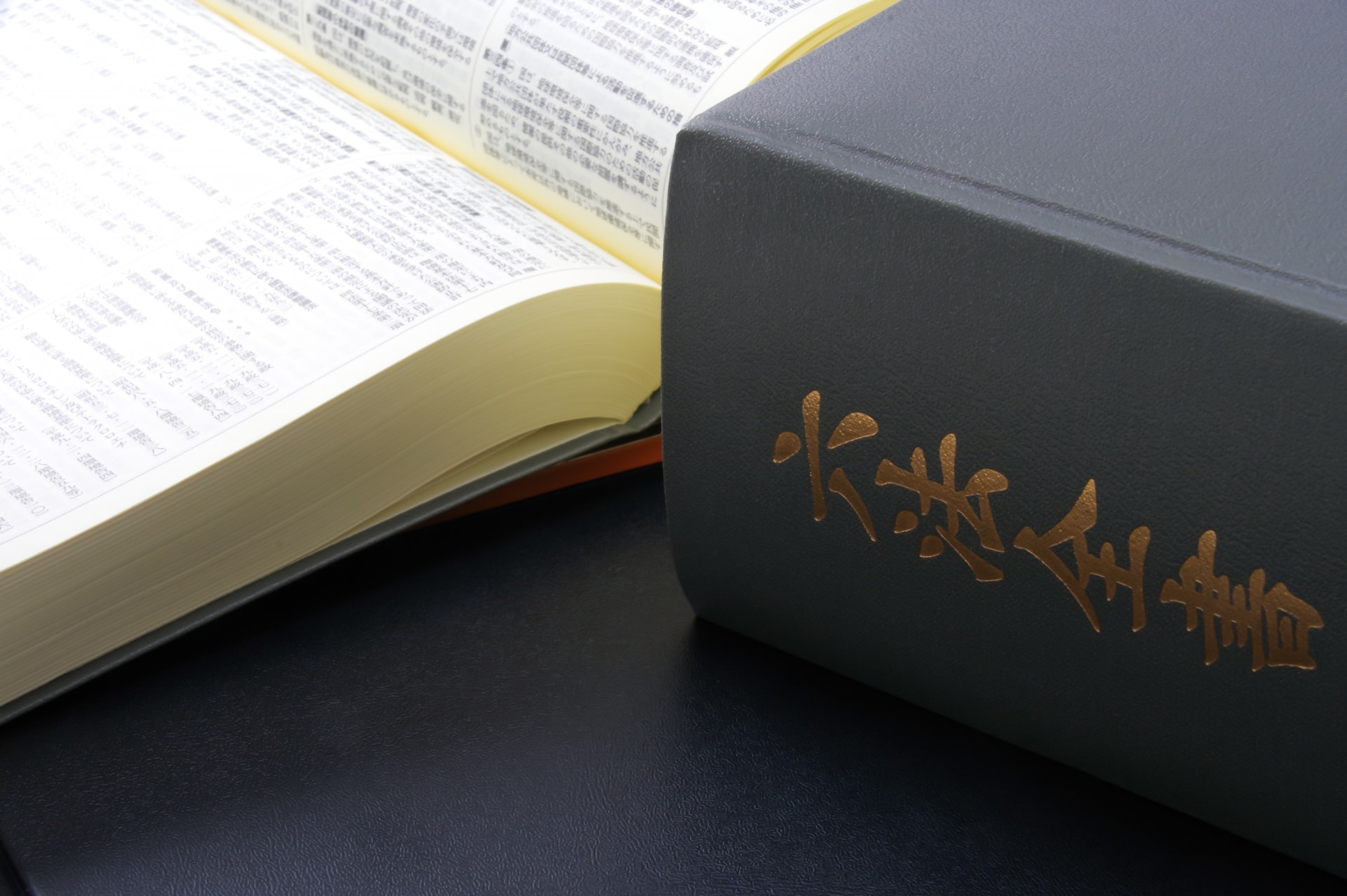
In 2014 (Heisei 26), the “Act Partially Amending the Act against Unjustifiable Premiums and Misleading Representations” was passed by the National Diet, and the administrative fine system was introduced from April 1, 2016 (Heisei 28). The administrative fines are described as follows:
To prevent the attraction of customers through unfair representations, an administrative fine system has been introduced for businesses that make such representations. Additionally, measures such as reducing the amount of the administrative fine through refunds are implemented to promote victim recovery.
Source: Consumer Affairs Agency | Introduction of Administrative Fine System to the Act against Unjustifiable Premiums and Misleading Representations[ja]
To prevent consumer inducement through unfair advertising representations, the Consumer Affairs Agency can order the payment of administrative fines as a penalty to the violating businesses. Furthermore, if a business takes voluntary refund measures to consumers, the amount of the administrative fine may be reduced accordingly.
Related article: What happens if you violate the Japanese Act against Unjustifiable Premiums and Misleading Representations? Explaining the Administrative Fine System[ja]
Background of the Introduction of the Administrative Fine System Following the Amendment of the Japanese Premiums and Representations Act

The background to the introduction of the administrative fine payment system following the amendment of the Japanese Premiums and Representations Act (Japanese: 景品表示法) includes a series of food mislabeling incidents and issues with food representations that occurred nationwide in Japan in 2013. These incidents shook the very foundation of consumer trust and confidence in food safety, becoming significant social issues. To address these concerns and deter unfair representations, the administrative fine system was introduced in 2016.
Furthermore, the introduction of the administrative fine system was also prompted by criticisms that monetary sanctions were insufficient, given that the maximum criminal fine was capped at 3 million yen. Additionally, to promote the recovery of consumer damages, provisions were made to reduce the administrative fines for businesses that voluntarily took measures such as refunds in the event of a violation.
Subsequently, on May 10, 2023, the Japanese Premiums and Representations Act was amended once again, and the “Act Partially Amending the Japanese Unjustifiable Premiums and Misleading Representations Prevention Act[ja]” (Reiwa 5 (2023) Law No. 29) was enacted, incorporating a review of the administrative fine system and an expansion of the penalty provisions.
Penalties for Unfair Representations Under the Japanese Premiums and Representations Act
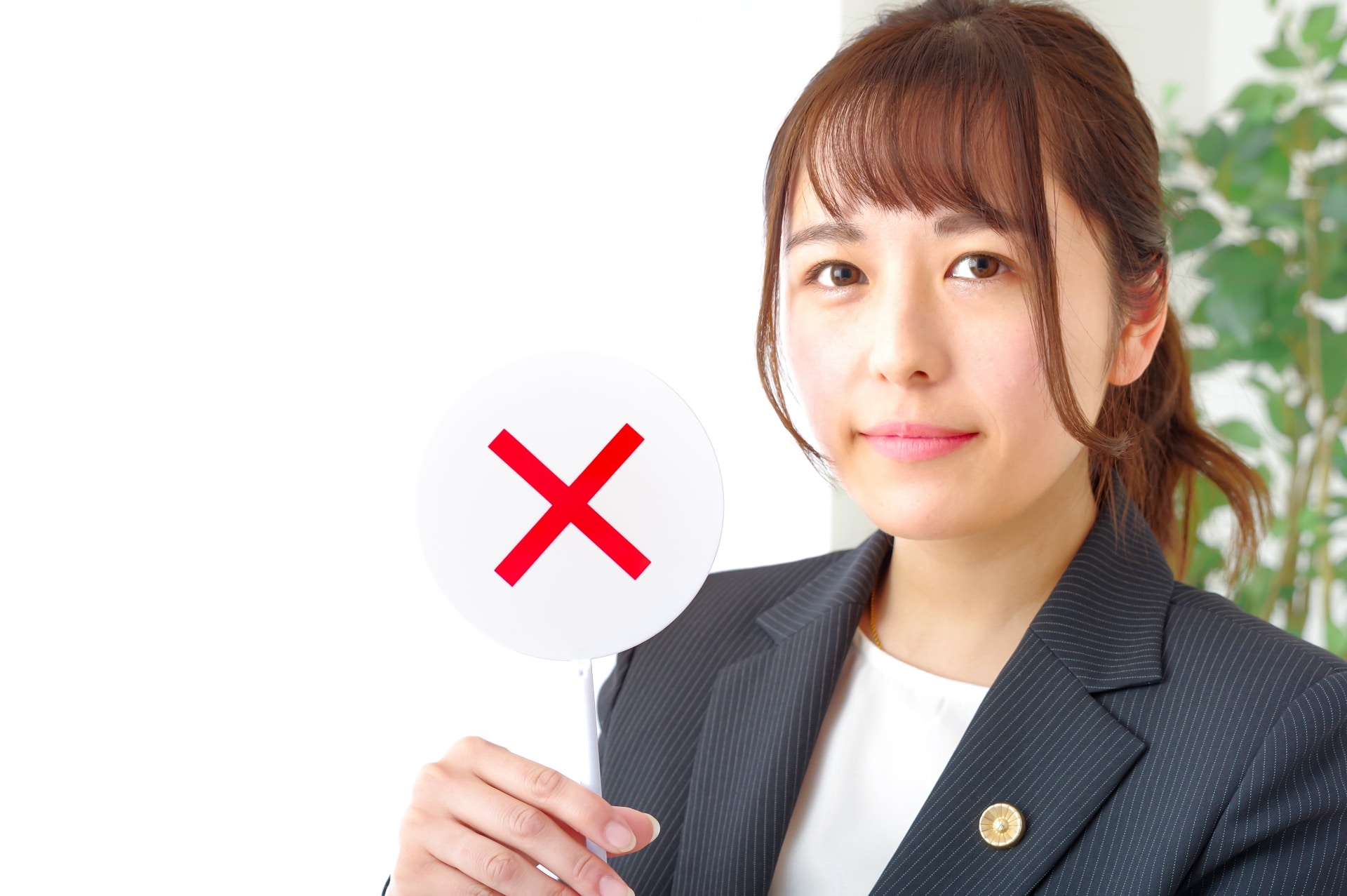
The system of administrative fines under the Japanese Premiums and Representations Act has been in force since 2016, and it is a relatively new system with a revised bill passed in 2023. Given that it has not been long since its implementation, it is essential to understand which cases may be subject to orders to pay these fines.
The unfair representations that are subject to administrative fines can be broadly classified into two categories: superior misrepresentation and advantageous misrepresentation (Japanese Premiums and Representations Act Article 5[ja]). For these two violations, a direct penalty of a fine of up to 1 million yen was newly established by the 2023 amendment to the Japanese Premiums and Representations Act (Japanese Premiums and Representations Act Article 48[ja]).
Superior Misrepresentation
Superior misrepresentation refers to the act of making a product or service appear better than its actual quality or content.
Under the Japanese Premiums and Representations Act, representations that cause the general consumer to mistakenly believe that the quality, standards, or other aspects of a product or service are significantly superior to those of competitors, when they are not, are prohibited as superior misrepresentations.
Source: Consumer Affairs Agency | Understanding the Premiums and Representations Act through Examples[ja]
Acts such as falsely representing the raw materials of a product or making representations that make the quality or standards seem better than they actually are, constitute superior misrepresentation.
Advantageous Misrepresentation
Advantageous misrepresentation refers to unfairly representing the price or fees in a transaction as significantly more favorable to the consumer than those of other businesses. Making the price or fees seem unjustly low or the content volume appear unjustly large are examples of advantageous misrepresentation.
While superior misrepresentation involves representations that make the quality of a product look better, advantageous misrepresentation involves representations that make the terms of a transaction appear more favorable.
Other Unfair Representations
In addition, the following six notifications have been individually established for cases where unfair representations cannot be sufficiently addressed by superior or advantageous misrepresentation alone:
- Representations concerning non-juice beverages
- Unfair representations regarding the country of origin of products
- Unfair representations concerning consumer credit financing costs
- Representations related to bait-and-switch real estate advertising
- Representations related to bait advertising
- Unfair representations concerning paid nursing homes
Businesses that make these unfair representations may also be subject to administrative fines.
Methods for Calculating and Deadlines for Payment of Administrative Fines under the Japanese Premiums and Representations Act
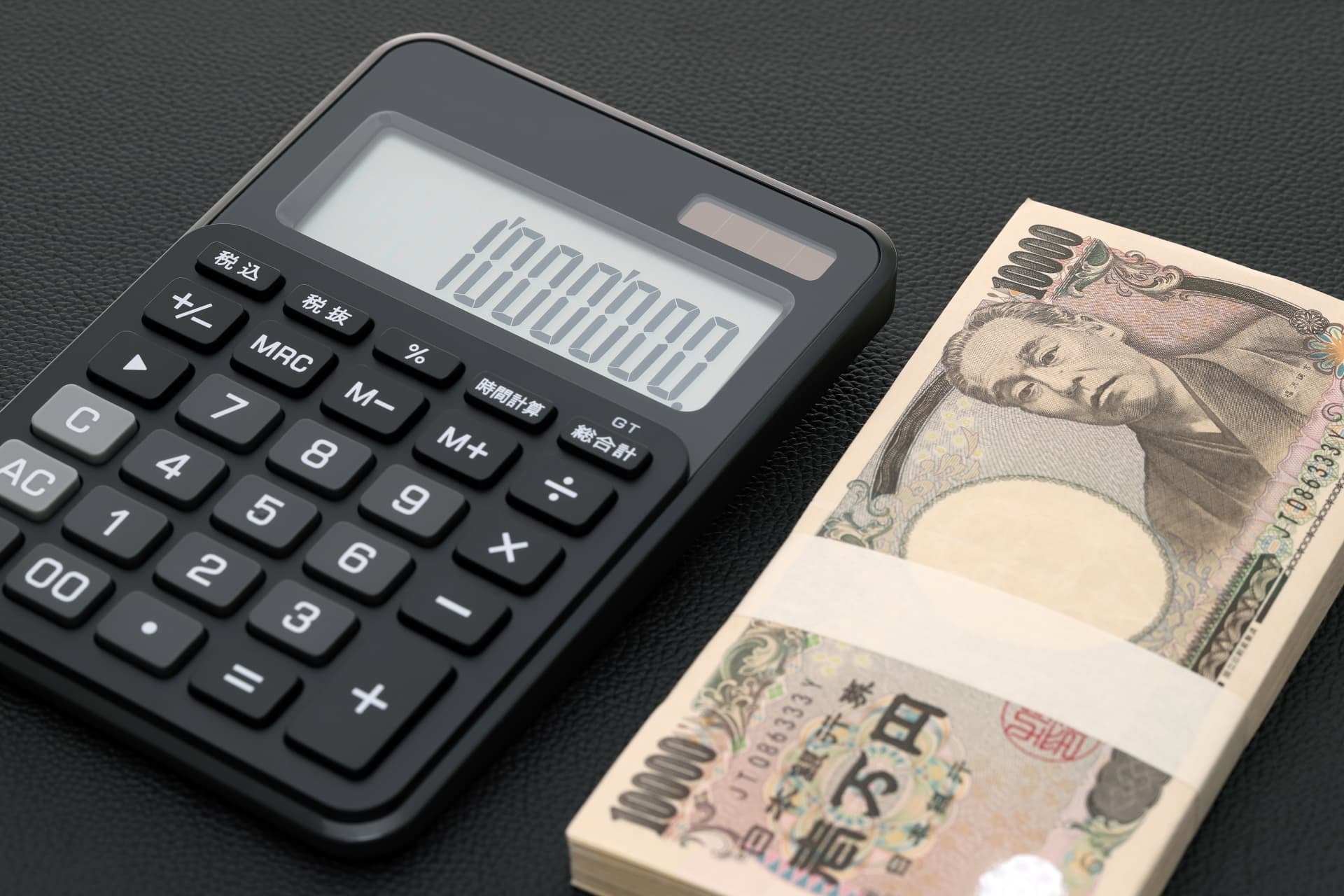
The administrative fines imposed for violations of the Japanese Premiums and Representations Act are not uniform; they vary depending on the duration of the unfair representation and the amount of money earned from it. This article explains the methods for calculating the amount of the administrative fine and the deadlines for payment.
Method for Calculating Administrative Fines
The amount of the administrative fine for violations of the Japanese Premiums and Representations Act is calculated based on the duration of the unfair representation and the sales revenue. The calculation of the duration is the total of the following two periods:
- The period during which the unfair representation subject to the administrative fine was made
- The period from the day the unfair representation ceased to the day sales of the product or service were stopped
Not only the period during which the unfair representation was made is calculated, but also the period during which the product continues to be sold after the unfair representation has ceased. Even if the sale of the product continues, if measures are taken to inform the general consumers and rectify the misunderstanding, such as making them aware that the representation is unfair, the period up to that day will be included.
Furthermore, the period of continued sales of the product or service mentioned in point 2 is capped at a maximum of 6 months, and the total of periods 1 and 2 is capped at a maximum of 3 years. The payment amount of the administrative fine corresponds to 3% of the sales revenue obtained from transactions made during the “administrative fine applicable period” due to the unfair representation (Japanese Premiums and Representations Act, Article 8[ja]).
Deadline for Payment of Administrative Fines
The deadline for payment of the administrative fine is 7 months after the day on which a copy of the “Administrative Fine Payment Order” is dispatched to the business in question. It is important to note that the deadline is 7 months from the day of dispatch, not from the day the copy is received.
If the fine is not paid even after the deadline has passed, a new payment deadline will be set in a subsequent demand, and there is also a risk of being charged a late payment fee.
Three Cases Where Fines Were Imposed Under the Japanese Premiums and Representations Act

We have explained cases that are subject to fines under the Japanese Premiums and Representations Act and the method for calculating these fines. Here, we will introduce three actual cases that were subject to fines. By understanding specific examples, you can use them as a reference when taking measures.
A Case Where a Fine Was Imposed on an Ozone Sterilization and Deodorization Device
The first case involves Maxell Corporation’s ozone sterilization and deodorization device[ja]. On their website, they claimed, “Transform spaces up to 20 tatami mats into comfortable environments with thorough virus removal by ozone,” suggesting that the device could remove the novel coronavirus from any space up to that size.
The Consumer Affairs Agency requested the submission of documents that could serve as a rational basis for the claim of virus removal. However, the submitted documents were not considered to provide a rational basis, and thus the company was subject to a fine.
A Case Where a Fine Was Imposed on Beverage Advertising Representations
The second case involves Kirin Beverage Corporation’s representations of a fruit mix juice[ja]. The product was advertised with phrases like “Select Musk Melon” and “100% MELON TASTE,” implying that the majority of the fruit juice used was from melons.
However, in reality, the juice was mostly made from grapes, apples, bananas, and other fruits, with melon juice comprising only about 2% of the total. Consequently, the company was subject to a fine.
A Case Where a Fine Was Imposed on a TV Shopping Program
The third case involves TBS Glowdia Corporation’s TV shopping program[ja]. The program presented a diet device, suggesting through video footage and narration of a monitor’s experience that just 10 minutes of daily use over four weeks could result in a dieting effect.
The Consumer Affairs Agency demanded the submission of documents that could substantiate the claimed effects. However, the submitted documents failed to provide a rational basis, leading to the imposition of a fine. The TV program did display disclaimers such as “※Individual results may vary” and “※Results were achieved with attention to diet and light exercise,” but these were not considered sufficient to negate the impression created by the aforementioned representations, resulting in the fine.
Strategies for When You Might Be Ordered to Pay a Penalty Due to a Violation of the Japanese Premiums and Representations Act

If you are concerned about being subject to a penalty payment due to a violation of the Japanese Premiums and Representations Act, it is crucial to take proactive measures as soon as possible. If you are likely to be targeted for a penalty payment, please consider the following strategies, which may help you avoid the order or reduce the amount you have to pay.
Submit Supporting Documents for False Advertising Regulations
False advertising regulations refer to the control of unfair advertising displays that mislead consumers into thinking a product is better than it is without objective evidence. When there is suspicion of misleading superiority, the Consumer Affairs Agency may require businesses to submit supporting documents that serve as the basis for their claims under the Japanese Premiums and Representations Act (Article 7, Paragraph 2).
If the submitted documents are recognized as having a basis, the display will not be considered unfair, and you will not be charged with a violation of the Premiums and Representations Act. The content of the documents must be objective and rational, such as data from experiments or surveys, academic literature, or expert opinions.
Voluntarily Report Unfair Representations to the Consumer Affairs Agency
If you discover that you have made an unfair representation before being pointed out by the Consumer Affairs Agency, voluntarily reporting it to the Commissioner can result in a reduction of the penalty to half the amount (Japanese Premiums and Representations Act, Article 9).
By reporting voluntarily immediately, you can shorten the period of unfair representation and further reduce the penalty amount. Considering the risk of being ordered to pay a high penalty and the potential loss of corporate image, it is highly beneficial to report the matter to the Consumer Affairs Agency before it is discovered.
Conduct Refunds on Your Own Initiative
You can also take measures to refund the amount gained through unfair representation to consumers. If you decide to refund consumers, creating a “Planned Refund Measures Plan” and getting it certified by the Consumer Affairs Agency will allow the refund amount to be deducted from the penalty (Japanese Premiums and Representations Act, Articles 10 and 11). Similar to voluntary reporting, this can potentially lead to a reduction in the penalty payment.
How to Respond if Ordered to Pay a Penalty for Violating the Japanese Act against Unjustifiable Premiums and Misleading Representations
If it is undeniable that there has been an unfair representation of superiority or advantage, it may be inevitable to comply with the penalty payment or to provide refunds. However, there are cases where a company may contest being subject to a penalty payment for violating the Japanese Act against Unjustifiable Premiums and Misleading Representations. This section explains how to respond if you disagree with the order to pay a penalty for such a violation.
Filing an Objection through a Request for Review
When ordered to pay a penalty, you can file an objection against the Consumer Affairs Agency, which issued the order (Article 4, Paragraph 1 of the Japanese Administrative Appeal Act). To file an objection and request a review, you must submit a request for review within three months from the day following the date you became aware of the penalty order.
Filing a Lawsuit to Seek Annulment of the Order
It is also possible to file a lawsuit seeking the annulment of the penalty payment order (Article 3, Paragraph 2 of the Japanese Administrative Case Litigation Act). A lawsuit to cancel the penalty payment order must be filed against the state within six months from the day you became aware of the order.
Cases Where Payment of Administrative Fines for Violations of the Japanese Premiums and Representations Act May Be Exempted

While making false representations can lead to violations of the Japanese Premiums and Representations Act, not all cases necessitate the payment of administrative fines. The payment of administrative fines may be exempted in the following three cases:
- If the calculated amount of the administrative fine is less than 1.5 million yen (Article 8 of the Japanese Premiums and Representations Act)
- If there is no intent or gross negligence (Article 8 of the Japanese Premiums and Representations Act)
- If more than five years have passed since the cessation of the false representation (Article 12, Paragraph 7 of the Japanese Premiums and Representations Act)
If the calculated amount of the administrative fine is less than 1.5 million yen, there is no obligation to pay the fine. However, it is important to note that this amount is calculated based on the sales during the relevant period, and reductions due to voluntary reporting, for example, are not considered.
The amount of the administrative fine is 3% of the sales during the relevant period, so an administrative fine of less than 1.5 million yen indicates that the sales were less than 50 million yen. The absence of intent or gross negligence refers to cases where the party was completely unaware that their actions constituted false representation or where it is recognized that they did not fail to exercise due care.
Furthermore, even if past actions are discovered more than five years after the cessation of the false representation, no administrative fine will be claimed.
Although payment of administrative fines may be exempted in these cases, appropriate measures must still be taken to stop or correct the false representation.
Three Key Points Businesses Should Watch to Avoid Administrative Fines
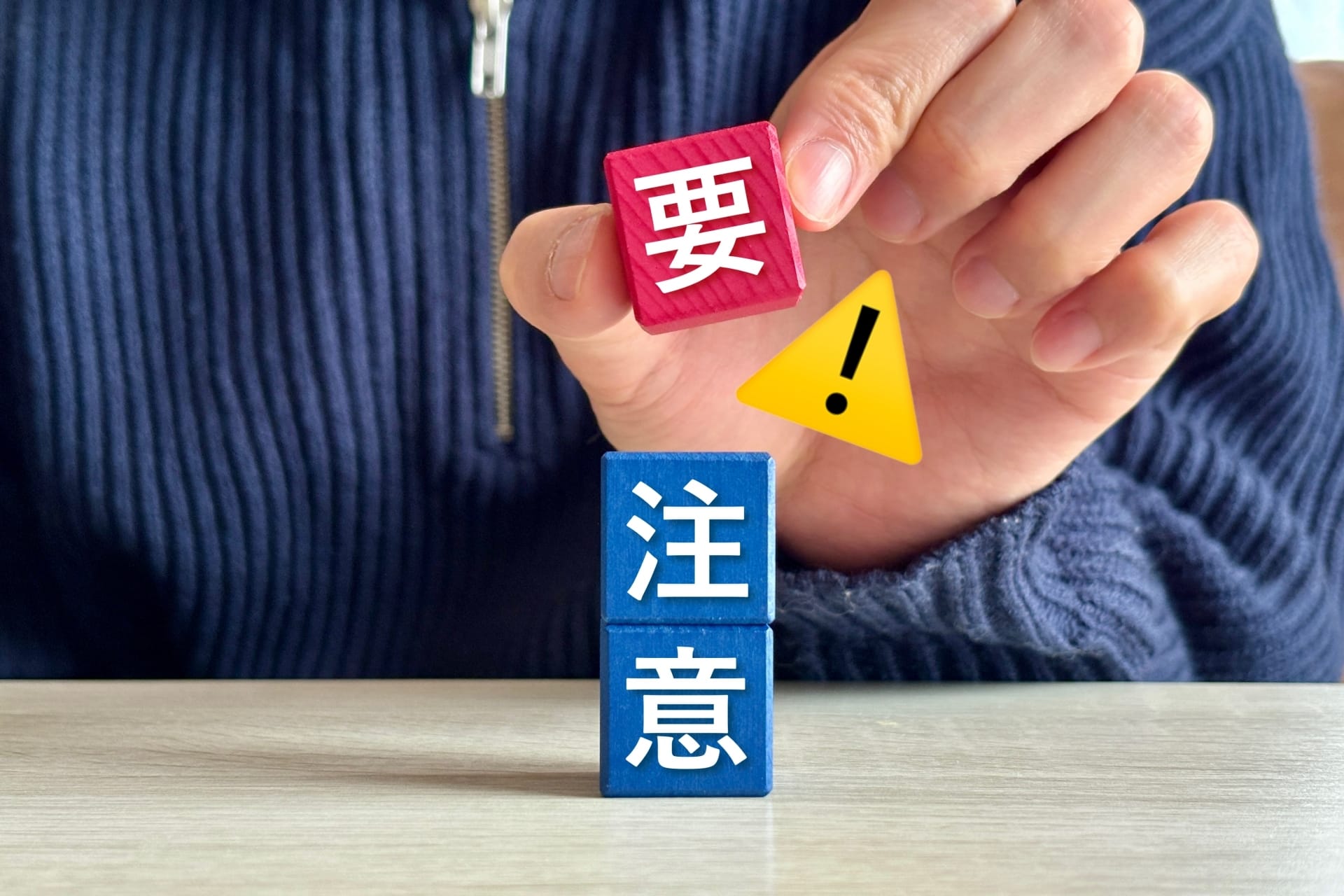
Violating the Japanese Premiums and Representations Act and receiving an order to pay an administrative fine can result in not only financial penalties but also significant damage to a company’s image. We will explain the points to be mindful of to avoid such administrative fine orders.
Establish a System to Review Advertising Content
To avoid unfair advertising practices, it is insufficient to rely solely on the advertising team. It is crucial to establish a section for reviewing content and to set up an internal double-checking system.
Enhance Understanding of Unfair Representations through Internal Training
Even with an internal double-checking system in place, it will not function effectively if employees lack knowledge. It is important to conduct regular internal training to build each employee’s knowledge and understanding, as well as to foster a compliance culture that avoids unfair representations.
Furthermore, updating knowledge is essential to keep up with changes in the law.
Conduct Legal Checks with Lawyers
While it is necessary to deepen and update each employee’s knowledge through internal training, correctly understanding the related laws and guidelines can be challenging. Since it is difficult to handle all advertising and representations internally, it is also beneficial to have legal checks performed by lawyers, who are experts in the law, in advance.
Summary: Correct Understanding of the Surcharge System for Violations of the Japanese Act against Unjustifiable Premiums and Misleading Representations

The order to pay a surcharge for violating the Japanese Act against Unjustifiable Premiums and Misleading Representations is a risk that can tarnish a company’s image and must be avoided. It is essential to regularly enhance knowledge of the Act within the company and foster a culture of compliance to prevent unfair representations.
However, dealing with these issues internally can often be challenging, and many companies face penalties due to a lack of knowledge. If you have concerns about advertising and representations, it is advisable to first consult with a legal expert, such as an attorney, for guidance.
Guidance on Measures by Our Firm
Monolith Law Office is a law firm with extensive experience in both IT, particularly the internet, and legal matters. In recent years, violations of the Japanese Fair Trade Display Act, such as misleading superior quality claims in internet advertising, have become a significant issue, and the need for legal checks is ever-increasing. Our firm provides services such as legal checks for advertisements and landing pages (LPs), and the creation of guidelines, all while considering various legal regulations. Details are provided in the article below.
Areas of practice at Monolith Law Office: Article and LP Checks for the Japanese Pharmaceuticals and Medical Devices Act, etc.[ja]
Category: General Corporate







![[April 2023] Strengthening the Prohibition of](https://monolith.law/en/wp-content/uploads/sites/6/2026/01/a9e0aa1f810f4f4d3f23e1b55cd8b7bf.webp)













